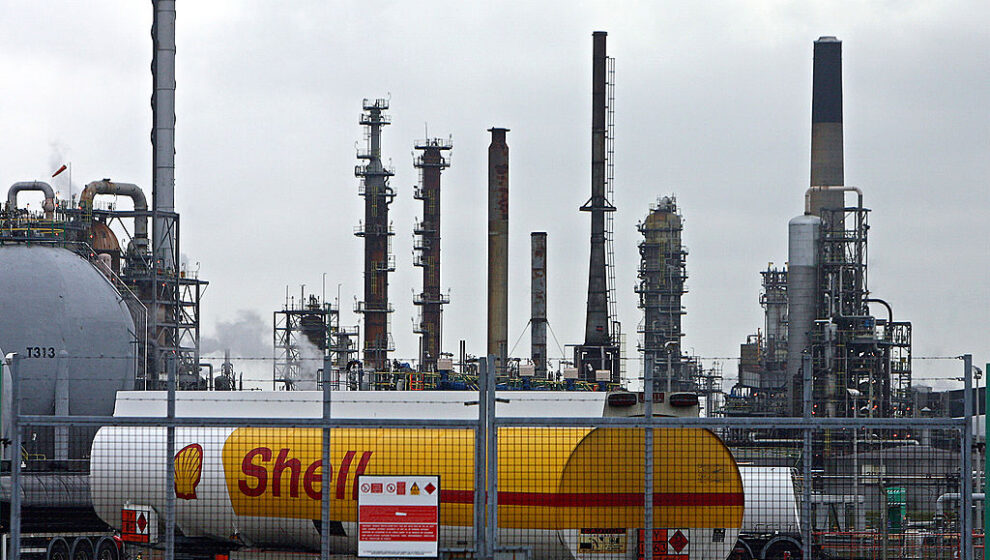British oil corporation Shell has announced that planned oil production decreases are being canceled and clean-energy investments reduced.
Key Details
- Shell announced on Wednesday, prior to its Capital Markets Day conference in New York, that oil drilling will remain steady through 2030, despite having previously announced yearly decreases of 1% to 2% through the end of the decade.
- It also announced a 10% increase in shareholder distributions and 15% higher dividends per share, with plans for a $5-billion stock buyback later this year.
- The announcement follows the International Energy Agency’s claim that global oil demand will peak between 2026 and 2028.
Why It’s Important
With the global push for clean energy looming over the next 27 years, corporations like Shell face limited time before world governments will begin pressuring them to deliver on carbon-reduction goals. Shell claims it has already met its reduction targets for the decade by selling its $9.5 billion stake in Texas oil drilling, thus removing the percentage of drilling it planned to cut.
This announcement marks a change in direction from two years ago by former CEO Ben Van Beurden, who promised to help push the company to net-zero carbon emissions by 2050. New CEO Wael Sawan prioritizes investor rewards and greater promises to shareholders, cutting investments and spending in clean energy. Governing authorities are going to look at Shell’s move as a delaying tactic and a means of soaking up remaining profits in the next seven years before a larger transition after 2030.
Climate activist and Follow This founder Mark Van Baal released a statement Wednesday arguing that Shell is defying the 2015 Paris Climate Accord’s goal of halving net-zero emissions by 2030 and says that Shell “would not dare to grow [its] fossil fuel business if more institutional investors had voted in favor of [our] climate resolution requesting Paris-aligned targets.”
Notable Quotes
“We will invest in the models that work—those with the highest returns that play to our strengths,” says Sawan.
“The shift to a clean energy economy is picking up pace, with a peak in global oil demand in sight before the end of this decade as electric vehicles, energy efficiency, and other technologies advance … Oil producers need to pay careful attention to the gathering pace of change and calibrate their investment decisions to ensure an orderly transition,” says IEA Executive Director Fatih Birol.
